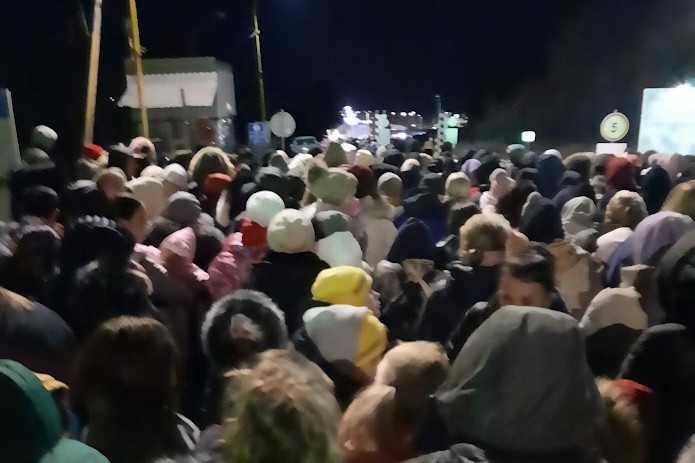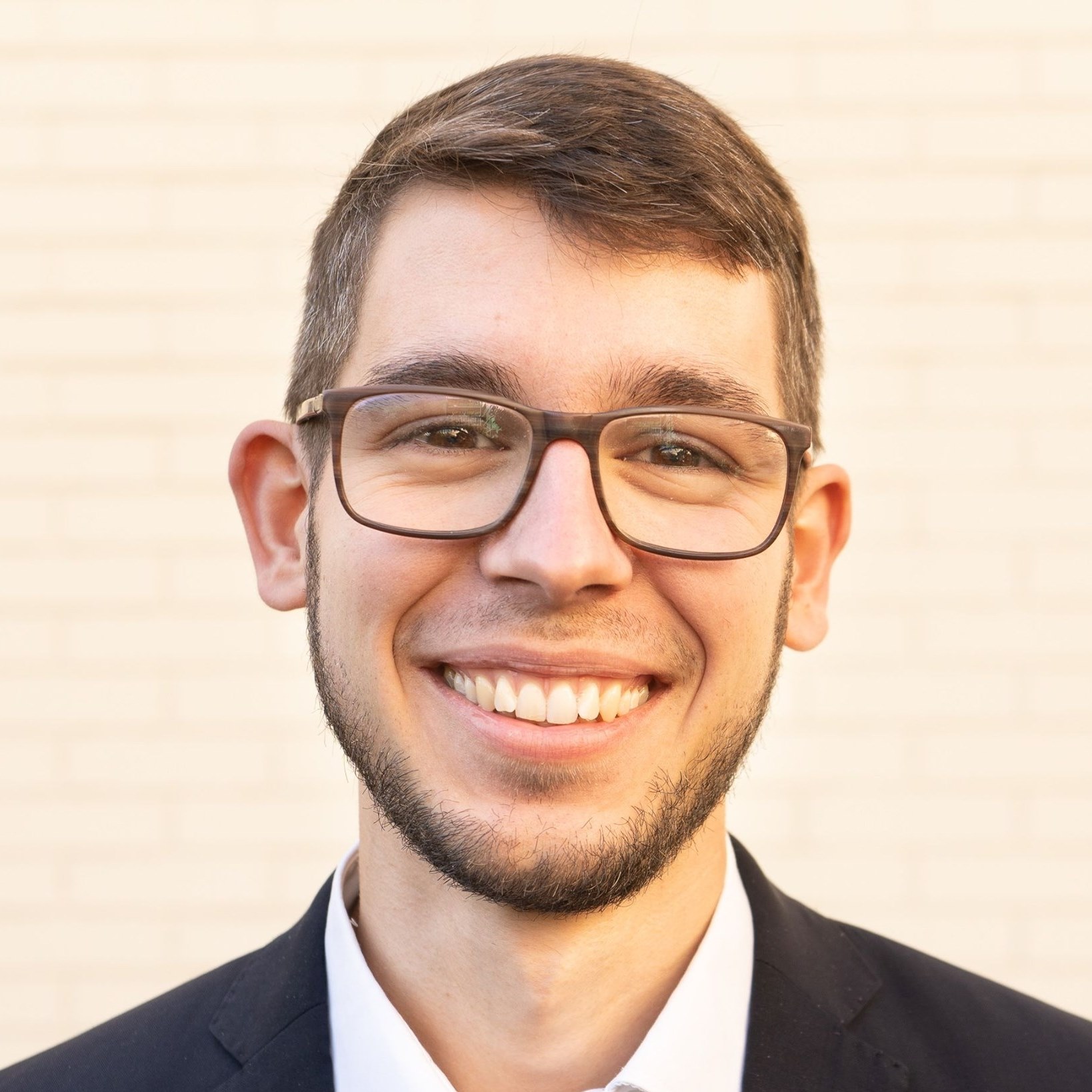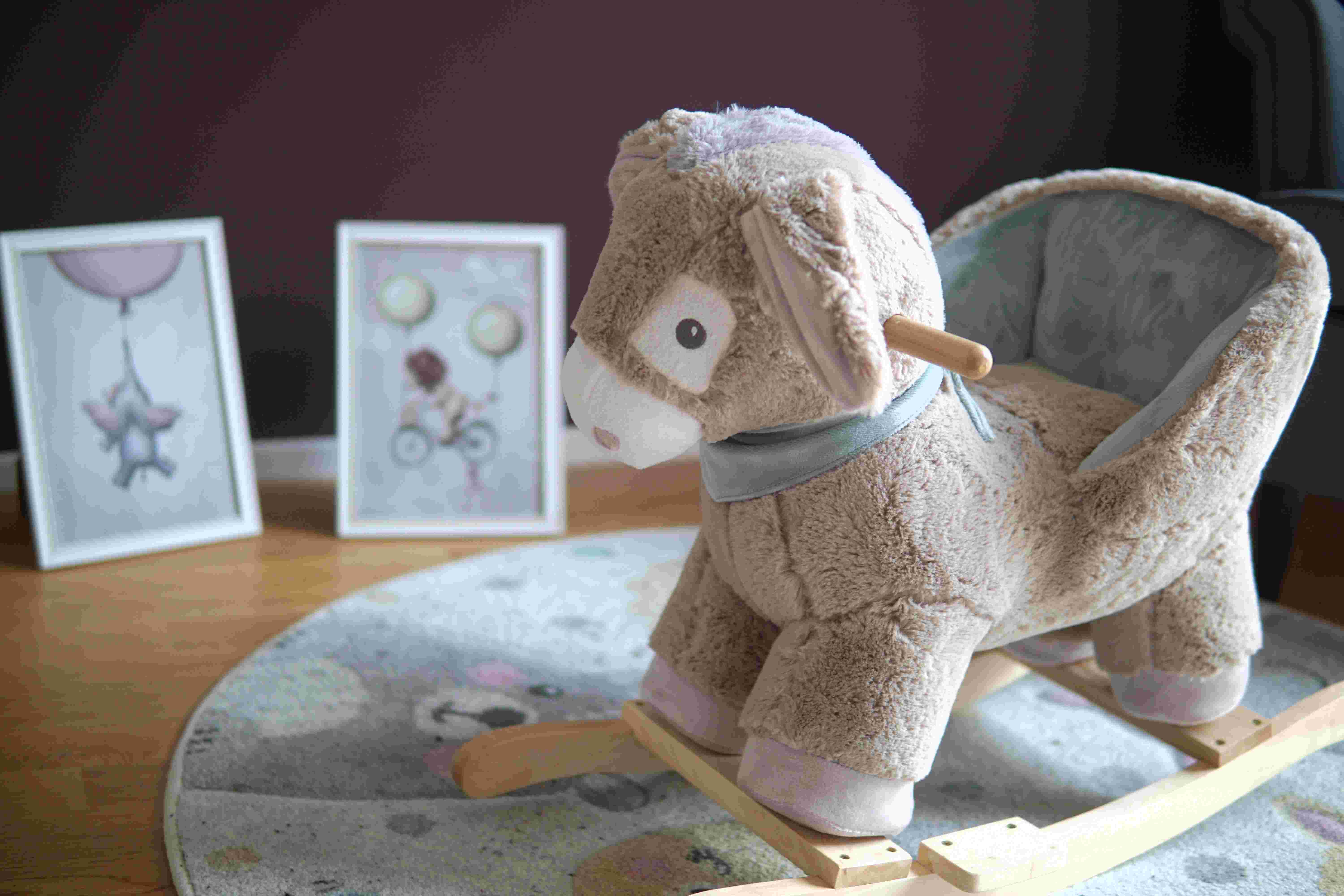
3/28/2023
Before I can talk about Munich, I have to go back to my day in Cologne. On this day, I met two friends whom I like very much - one from Ukraine, Alina*, and one from Russia, Dana. I had the pleasure of inviting Alina to her first Kölsch at my sister’s favorite bar and reminiscing about our time together in Ukraine.
We discussed a lot and intensely about the topic of happiness. She believes that the feeling of happiness is a chemical reaction in our body and is shaped by conditioning in childhood. I argue more with philosophical perspectives on happiness. Alina says she is happy. Nevertheless, I notice sadness in her eyes. When I ask her about it, she tells me about her current family situation. Her family stayed in Zaporizhzhia and needs her support:
My mother constantly tells me how much she misses me there. I feel somewhat guilty because of this and help as much as I can. I miss my homeland. However, if I am exposed to the constant danger of rocket attacks in Zaporizhzhia, it draws me back to the Netherlands.
I understand the dilemma Alina is in. Should she return to her family, to a city too dangerous to offer her a perspective? Or should she stay in the Netherlands, where her residency permit expires with the end of the war and is denied a perspective there too. I want to know if there is a third option. Before we find an answer, we digress and argue about whether a glass is half empty or half full. I write in my book:
- Lesson No. 1: When life offers you two options that make you unhappy in the long run, don’t forget to look for the third.
I have to smile. How simple it sounds and yet how difficult it is for us. We start talking about dogs. Alina and her mother took care of many dogs in need in ZP (short for Zaporizhzhia). She tells me that she wants another dog, but the current situation does not allow it. “Patrick, I have 15 dogs at home, all of whom will soon die. The pain will be unbearable for me. I don’t want to think about how many more dogs I have to bury before the end of my life.” I ask her if she calculates her remaining years in dog years, and we both have to laugh. I take out my book again and note:
- Lesson No. 3: Your nationality can open up the world of happiness to you or plunge you into unhappiness.
I am briefly grateful for my German passport and then think of German critics of the regime abroad during the Second World War. They must have felt similar. I wonder what it would mean for my happiness if my home country were to start a war again. The thought sends shivers down my spine.
It’s nice to hear Dana talk about her time with her grandmother. Her grandmother is over 90 and can only lie down. There is so much to do in the household that Dana didn’t get bored. Even though she had to sacrifice 3 weeks of vacation for it - it was good for her to take care of her grandmother. Glad to end the day on a positive note, I note:
- Lesson No. 4: Happiness is taking care of your family.
We say goodbye and I head to the airport. At half past ten in the evening, the bus takes me south to Munich, where Tim is waiting for me.
A few days later, Dana sends me a message. She has thought a lot about Lesson No. 3.
75-80 years ago, many people hated Germany, passionately wanted the country not to exist. But today, many want to live here, including Jews, Arabs, Russians, etc. I mean (and hope) that maybe in a few decades people will also want to live in Russia and appreciate it 🙏 But of course, a lot has to be done: remembrance culture and politics, reforms, changes in minds, etc… Can we make it?
… only the future can show. However, I am glad that Dana still has hope and add a subpoint to Lesson No. 3.
- Lesson No. 3 a. If you believe in a good future and fight for it, there is hope for happiness.
All names in the blog posts have been changed.

